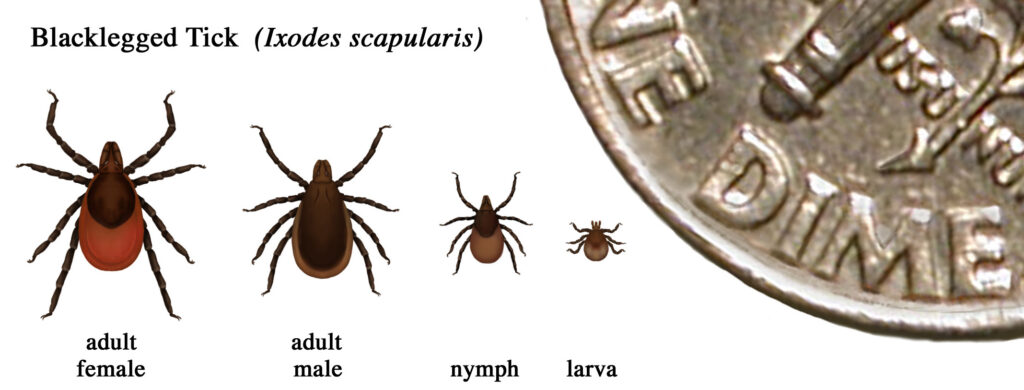Pets are known to lower blood pressure and benefit us emotionally. However, summer can be deadly for them. Most people already know it is unsafe—not to mention illegal—to leave an animal in a car in hot weather. The inside of your car can reach 120 degrees in a matter of minutes, even if parked in the shade.
We spoke with Dr. Nathan Carlton, DVM and he shared some things you may not be aware of that can affect furry friends.
Heat

Brachycephalic dogs are dogs with squashed-in noses—think Boxers, Bulldogs and Boston Terriers. These dogs have a compromised airway from birth, and a combination of genetic problems can cause sudden death from heat stroke. The best advice for these breeds is to keep them indoors during hot summer days; let them out for elimination purposes and bring them right back inside, and be sure they have access to plenty of fresh water.
Parasites
“One reason I love Central Texas is the abundance of wildlife we have here,” he says. “I love seeing possums, squirrels, deer and of course, the armadillos that live here. One thing I don’t enjoy as much are the bugs.”
Dr. Carlton says the number of dogs and cats in vets’ offices with ticks this year is significant, so you’re not alone if you’re battling these little freeloaders. He even has clients whose horses are suffering with ticks in their ears; one suffered the death of a mature adult cow from a disease transmitted by ticks.
While most people typically think of ticks as huge, blood-engorged things that are easily visible, and there are plenty fitting that description, we do have some that are so much smaller.

The Blacklegged Tick can transmit Lyme Disease and is actually found in Central Texas. These guys are tiny; Dr. Carlton found four of them in a single cat’s ear earlier this month. The larval stage is only as long as the width of the “D” in an American dime. There are new flea and tick preventives that help keep away ticks, so talk to your own vet about what is recommended.
Most people are aware of intestinal parasites that infect dogs and cats, but few are aware of another parasite called giardia. This little guy is spread through fecal contamination of water or food. There are a lot of monthly flea and heartworm preventives available for dogs and cats, and some prevent certain types of worms, however, there are no monthly preventives that keep your dog or cat from contracting giardia. If your dog suddenly has severe diarrhea be sure to take her in to the vet. Giardia can be cleared with a short course of anti-parasitic and de-worming medications.
Human Concerns
The doc says along with ticks, we have kissing bugs, so named because these blood-feeding insects enjoying sucking blood from around our mouths (they are actually attracted to the CO2 we exhale). After feeding, the bug leaves a parasite that can migrate into a person’s blood stream. The same problem occurs in dogs. Some people and pets will clear the infection without any issues, while others can develop serious heart, liver, and colon problems.
The best way to prevent the problem is to keep kissing bugs out of your house. Turn lights off at night as they are attracted to light, and hire a good exterminator.
BIGGER threats

Even a veterinarian has animals he is not fond of… rattlesnakes for one. Dr. Carlton says their bite can be fatal to pets if the animal is small, or the bite occurs in the face. Swelling caused by their bite can occlude the airway, and snakes’ mouths are full of bacteria that can lead to infections. Plus, the pain caused by a bite is truly excruciating.
Unlike people, most animals are bitten in the face when they investigate the snake. However, if your pet is bitten on an appendage, do notapply a tourniquet to a bite area. Tourniquets trap the toxins and can cause major problems when they are removed. There is a vaccine that will help reduce the affects of an envenomation.
“I have seen dogs bitten without this vaccine, and with the vaccine. My opinion is that this shot does reduce morbidity in the vaccinated dogs, however the dogs still require antivenin. There are also snake avoidance classes out there that I highly encourage pet owners to seek out.” Dr. Carlton recommends identifying an after-hours veterinary clinic in your area you can take your pet to in the event of an emergency.
